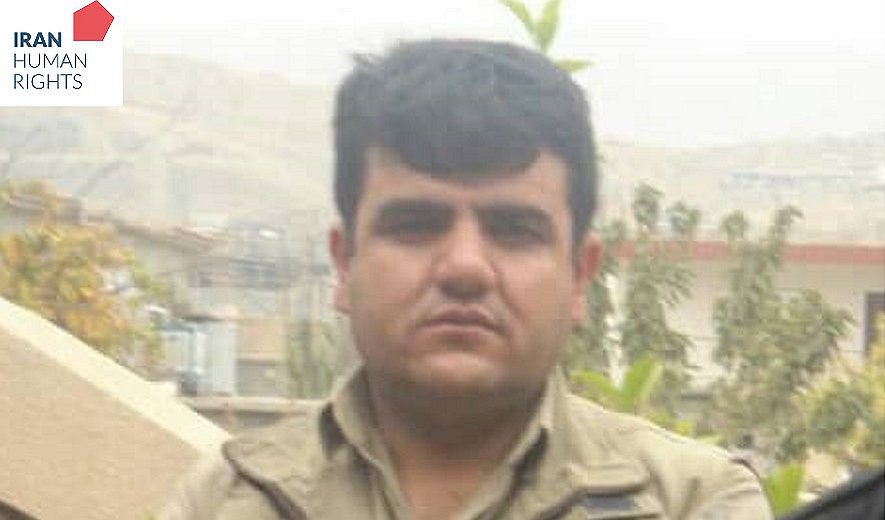Iran: A Brief Look at an Executed Political Prisoners Case

September 22, 2018
Iran Human Rights (Sep 19, 2018):
Mohammad Abdollahi, a political prisoner, was hanged along with four other
people at Urmia Central Prison in August 2016. After three years, Iran Human
Rights has obtained some pieces of evidence indicating multiple violations in
the judicial proceedings of his case. We interviewed one of Mohammad
Abdollahi’s relatives under the pseudonym Ali. It should be noted that the
burial place of the defendant has not been announced to his family yet.
Mohammad Abdollahi was shot and arrested by the
Revolutionary Guards in Mahabad in March 2010.
One of his relatives, aka Ali, told IHR, “We went to
Almahdi Detention Center several times but they told us that Mohammad was not
there and threatened us not to look for him.”
He added, “The Revolutionary Guards beat him badly while
he was already injured and bleeding. His right hand, left leg, and three of his
teeth broke under torture. Mohammad was interrogated and tortured in the
solitary confinement for three months until he had internal bleeding and was
transferred to Mahabad Prison.”
Intelligence Organization of the Islamic Revolutionary
Guard Corps claimed that Mohammad Abdollahi had entered Iran along with some
members of Komalah and was involved in an armed conflict that led to the murder
of three police officers. However, Ali says, “Mohammad never admitted to
involvement in the armed conflict, possession of any weapons, and cooperation
with Komalah, the only thing they found on him was a membership card of
Komalah. Nonetheless, he was sentenced to death on the charge of “Moharebeh and
membership of Komalah” in September 2013.”
He added, “His lawyers believed that he would be saved
from death. He didn’t even make a false confession under torture. But Judge
Javadi Kia told him that he would do everything in his power to have him
executed.”
Mohammad Abdollahi was finally transferred to Urmia
Central Prison after his verdict was issued in April 2014. He protested against
the verdict and his case was investigated at branch 27 of the Supreme Court.
Mostafa Ahmadian, his appointed lawyer, had told HRANA
news agency, “There are many problems with the case. My client wasn’t treated
with justice. He had never touched a gun.”
Mr. Ahmadian explained, “We made an appeal and it was sent
to the same court that had issued the death sentence while it should have been
sent to a parallel court.”
Finally, Branch 1 of the Revolutionary Court sentenced
him to death again and the Supreme Court accepted the verdict.
Mohammad Abdollahi was executed along with four other
prisoners, named Kamran Pourfat, Tohid Pourmahdi, Amir Azizi, Jahangir
Razavizadeh, and Jebraeel Kan’ani at Urmia Central Prison on August 9, 2016.
Ali stated, “Judge Javadi Kia finally did what he wanted
to do and got him executed…they told him to write a repentance letter but he
refused and said that he hadn’t done anything to repent of.”
IHR has obtained some evidence that confirms there are no
confessions or pieces of evidence in Mohammad Abdollahi’s case proving the
accusations_ except for the claims of the security forces.
No comments:
Post a Comment